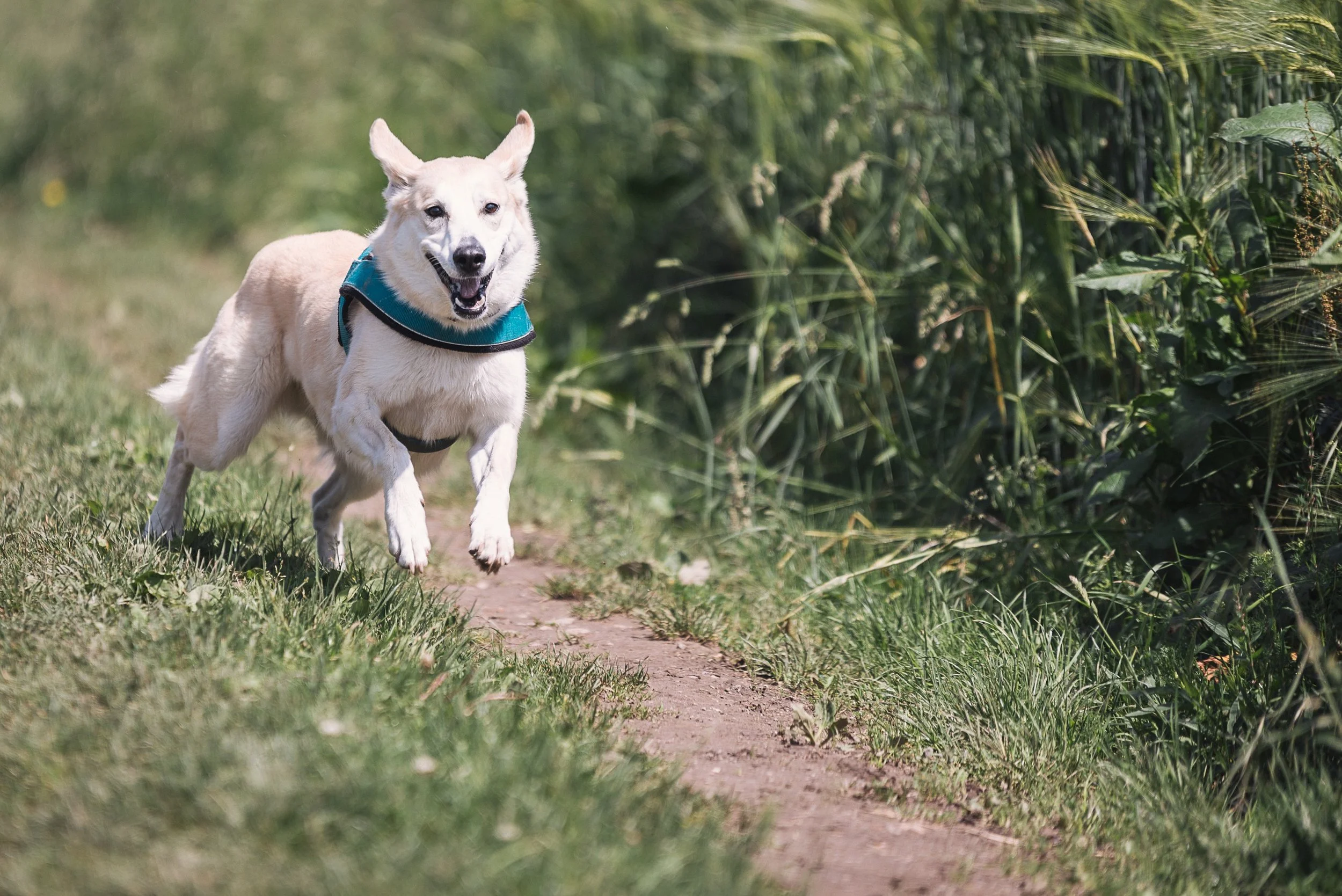There Is No Such Thing As A Bad Dogs - Only Untrained Dogs
/There are a lot of misconceptions regarding the world of dog training, and as a professional trainer, it's my job to try to correct them whenever possible. A really common misconception is that when we're training our dogs and they aren't doing what we ask, that they're being willfully bad. That simply isn't true. Dogs aren't capable of that. They only do what they have learned works to get the outcomes they desire. Keeping that concept in mind (dogs do what works, dogs do what works, dogs do what works...) can save you a lot of headaches when troubleshooting undesired behaviors or poorly learned cues.
What are dogs emotionally capable of?
Dogs have a similar emotional development as a two-and-a-half-year-old human. This is a flawed analogy, mainly because dogs are not humans, but it can be helpful in terms of understanding what dogs are and aren't capable of feeling. Dogs can get excited, they can feel abandoned, they can be distressed, they can be happy or sad, they can be afraid. They cannot be spiteful, or ashamed. They don't "know they were wrong." The "guilty" look people associate with dogs who "know they were bad" are a handful of appeasement behaviors meant to make you less angry because they're afraid. This also means they can't willfully disobey because they have no concept of obedience. They only know what has worked and what hasn't in the past (this is going to come up again, I told you to keep it in mind).
The other side of emotions that we need to understand is that some behaviors are tied to emotions (like those "guilty" look appeasement behaviors). A dog that is distressed may urinate. A dog that is excited will wag its tail. A dog that is scared might bark. These are not behaviors that are learned because of consequence but are instinctively tied to the emotional state of the animal.
But my dog is sometimes bad...
Skeptical dog is skeptical of that claim
Nope. That's us assuming anthropomorphic traits and assigning emotional range to our dogs that they're simply not capable of. Let's go over some examples.
Your dog pees in the house.
- This could be because of distress. Dogs suffering from separation anxiety frequently display their distress through using the bathroom shortly after their humans leave. This is a possible emotional tie to the behavior.
- It could be that the dog isn't fully potty trained. There are several mistakes one could make during potty training that could yield such a result. In those cases, the dog simply hasn't learned that it's better to waste outside and needs more teaching.
- It could be a medical issue. Dogs with urinary tract infections often pee inside.
Your dog chews your slippers after you yell at them.
- Chewing is calming for dogs.
- Being yelled at is stressful.
- Your slippers smell like you and could be associated with positive memories.
Your dog is great at sit when you're practicing in the kitchen, but jumps all over at the pet store.
- Dogs don't generalize very well. There's a step of training called "proofing" in which you have to build up to challenges like this. Adding too many distractions pushes the dog beyond their capabilities if they've never trained with comparable distraction levels. Find intermediate difficulty levels your dog is capable of achieving to practice.
- They are not "choosing to ignore you" just because they feel like it. They haven't had the reinforcement history to establish a strong behavior. Practice more.
- "Jumping all over" could easily be an emotionally tied behavior (due to arousal) or could be something that gets the dog something they want. Does the dog get attention from people it pulls towards? Do they get to sniff interesting smells like garbage or other dog messes that it rushes to? Do they get to play with toys they pull off the shelf?
So what can I do?
First, don't blame your dog for being a dog. If there's a behavior you're having trouble with, figure out what you can do differently instead of putting the responsibility on the animal doing what comes naturally. If the behavior problem is tied to an emotion, there will need to be some work done to address your dog's feelings (classical conditioning work). If the problem is a behavior you have attempted to teach the dog not being performed properly, you'll need to check your criteria and make sure you haven't accidentally taught them something you didn't mean to.
Also, remember that learning is happening all the time, not just when you set aside training sessions. Be ready to reward your dog when you see them doing things you like. Put up measures to prevent them from practicing the things you don't like. Management and rewards throughout the day are key to long-term success with daily behaviors.
Lastly, remember that it's okay to need help! If you can't figure out why things are going poorly with your plans, or how to fix a problem you've seen with your dog, hire a pro! Even professional trainers are sometimes stumped and we network with each other to figure out creative solutions to novel problems. It's unreasonable to expect you'll be able to solve every problem on your own. Get help, you and your dog will be happier for it.
Benjamin is the owner of Good Doggy Saratoga. You can follow him on Facebook.
If you liked this article, please like and share below. You can also subscribe to receive blog updates in your email.






